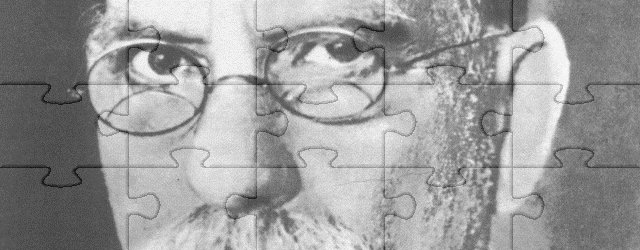Presentation by Smaranda Aldea

Location: Bowden Hall, Room 216
Date: 04.15.2011
Time: 4.15pm – 5.30pm
Abstract
While Husserl made numerous references to eidetic variation in his programmatic texts he remained silent with respect to the foundation and nature of this process meant to culminate in the eidetic grasp of ideal structures. My paper is an attempt to break this silence by following a suggestion Husserl himself fleetingly made in Ideas I – that phenomenology and all eidetic thought stemmed from and were fueled by the imagination (Hua III/1, 148). By exploring the structure of the imagination (Phantasie) as Husserl’s analyses (Hua XXIII) revealed it, I stress two key points: that the imagination is not solely a type of singular act, but a primordial type of consciousness functioning as a horizon within which other acts, such as judgment, can unfold; and that, unlike perception, described primarily by Husserl in terms of doxic modality, determinacy, and actuality (Hua XI), the imagination is marked by doxic neutrality, freedom, and possibility. Next, I argue that neutrality, freedom, and possibility are the main dimensions of free imaginative variation, and show that phenomenological eidetic variation, as inquiring process, relies on imaginative variation and renders the latter teleological. I close by exploring the nature of the shift from variation to eidetic intuition in terms of a movement beyond Phantasie, yet nevertheless fueled by it.
